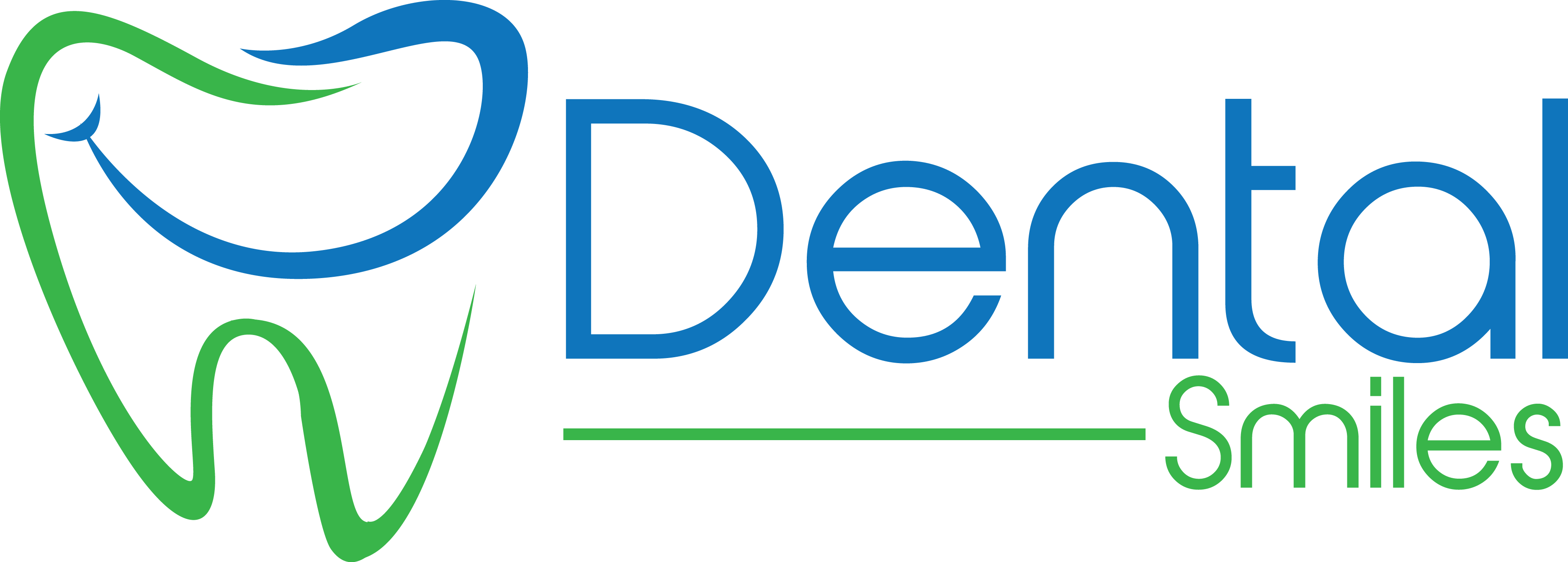Dental sealants are clear coatings applied to the surfaces of a child’s molars to prevent the development of tooth decay. They work by preventing food and plaque from resting in the grooves and crevices of molars – an area especially susceptible to cavities. According to the National Institute of Dental and Craniofacial Research, nearly 1 in 3 U.S. children ages 6 to 12 currently have sealants on their teeth.
Did you know…
that sealants can last as long as 5 to 10 years pediatric dental patients? Depending on a child’s oral development and risk factors for tooth decay, sealants may be applied to the teeth as young as age 6. It is at this time that the first molars typically appear. Additional molars erupt at approximately age 12. If possible, sealants should be applied to a child’s teeth immediately after any molar has appeared to reduce the risk of early decay.
Frequently Asked Questions
Sealants bond directly to the teeth, where they harden to a clear or tooth-colored coat. This makes them virtually undetectable to others. Though it is normal to feel new sealants with the tongue, most children quickly adapt to their presence.
The process of getting sealants is fast and painless. The tooth is cleaned before the dentist paints the sealant onto the enamel. The sealant will immediately harden, acting as a barrier between bacteria and the chewing surface of the teeth. In most cases, sealants will last several years before needing to be reapplied. However, regular visits to the dentist will be necessary to monitor the condition of the sealants and examine their effectiveness.
While sealants are extremely effective for preventing tooth decay in children, they do not replace other forms of preventative oral health care. Children should still brush and floss each day using a fluoridated toothpaste. Regular dental exams and a balanced diet low in sugar are also essential for good long-term oral health.








